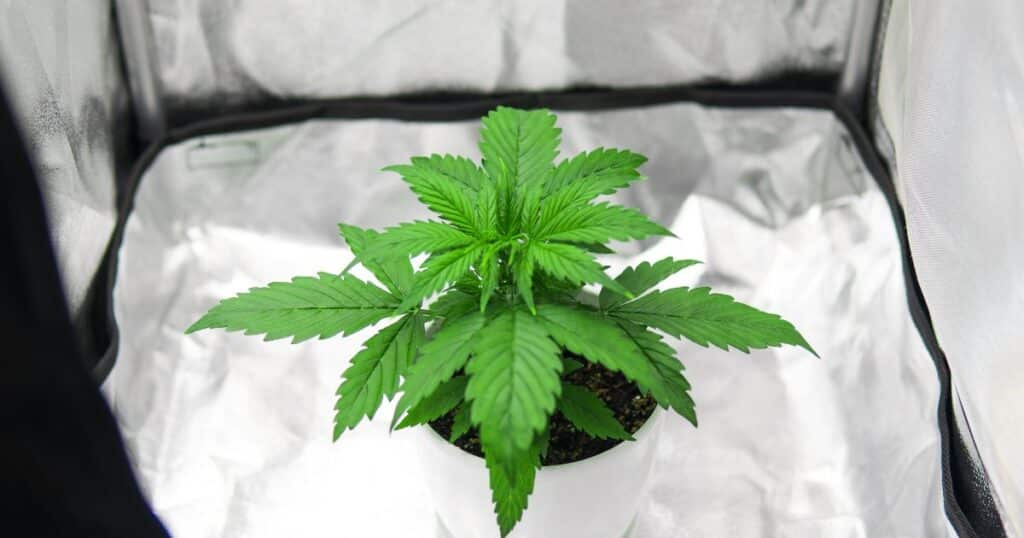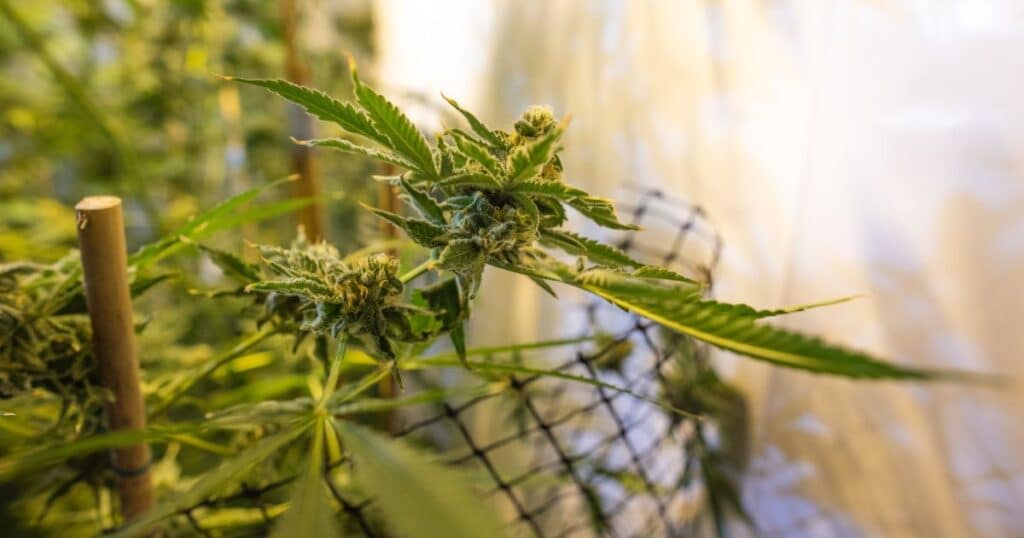In 2018, South Africa made headlines when the country’s highest court decriminalized the private use of marijuana. This landmark decision was seen as a major step towards drug policy reform and social justice in the country. However, it wasn’t until this year that a bill officially legalizing cannabis for personal use only was passed by the South African National Assembly.
The bill, known as the Cannabis for Private Purposes Bill, now heads to the National Council of Provinces for concurrence before it can become law. This process has taken almost five years since the initial ruling by the court. What does this mean for South Africans who consume cannabis?

Before the recent legalization, South Africa previously had strict laws in place that criminalized the use and possession of cannabis. This not only resulted in thousands of arrests and convictions each year but also disproportionately impacted marginalized communities, particularly Black individuals.
In 2018, a landmark court ruling declared the prohibition of cannabis for private use as unconstitutional. This was following a case brought forth by Rastafarian Garreth Prince and former Dagga Party leader Jeremy Acton, who argued that the ban on personal use of cannabis was discriminatory and outdated. The Constitutional Court affirmed this ruling in 2018, giving the government until September 2024 to approve a bill that would finalize the legalization process.
Details of the new cannabis bill
The Cannabis for Private Purposes Bill has some important limitations and restrictions in place. Firstly, it only allows for personal use of cannabis by adults within their private residence or on private property. This means that buying and selling cannabis is still illegal, as well as consuming it in public spaces.
“People should bear in mind what this bill is about. It is about cannabis for private use by adults. You are not allowed to buy or sell cannabis, because this still remains a criminal activity with severe consequences. If you want to smoke it, you have to grow it, don’t buy it,” said DA MP Janho Engelbrecht, who spoke on the bill in the National Assembly.
Additionally, while the bill legalizes home cultivation of cannabis, there are currently no limits on the number of plants that can be grown for personal use. However, this may change as regulations are still being developed.
It is important to note that the bill does not make provisions for medical cannabis or commercialization of the industry. This means that South Africa’s medical cannabis program will not be established and companies cannot legally produce and sell cannabis products. It is strictly for personal use and home cultivation.
Despite the limitations of the new cannabis bill, there is potential for future growth in South Africa’s cannabis industry. The government has recognized the sector as a priority for investment and job creation, with hopes of boosting economic development. This could also provide opportunities for sustainable rural livelihoods, as many marginalized communities will now have the chance to legally cultivate and sell cannabis.
According to The Citizen and Moloto Mothapo, a Parliament spokesperson, the committee is hopeful that the bill will pave the way for the future of the country’s cannabis industry, which has been identified by government as one of 14 priority sectors to secure investment, job creation and support for sustainable rural livelihoods
However, this potential may not be fully realized until the bill is expanded to include provisions for commercialization and medical use. This would open up even more opportunities for job creation and economic growth in the country.
One of the most significant aspects of the new cannabis bill is that it allows for the expungement of criminal records for those who have been convicted of possession, use or dealing in cannabis based on presumption. This will not only provide a second chance for individuals who have been persecuted for cannabis use but also increase their access to opportunities.
By expunging these records, the bill aims to address the injustice of past convictions for cannabis-related offenses and provide a more equal playing field for all South Africans. This will also help to reduce the burden on the criminal justice system and alleviate pressure on overcrowded prisons.

Overall, the legalization of cannabis for personal use in South Africa is a significant step towards social justice and economic growth. While there are still limitations and restrictions in place, it paves the way for future expansion and development of the country’s cannabis industry.
And with provisions for expungement of criminal records, it also offers hope for a more equitable society for all individuals, regardless of past cannabis use. So, it is a positive step towards creating a more just and inclusive society in South Africa.
Enjoyed that first hit? Come chill with us every week at the Friday Sesh for a freshly packed bowl of the week’s best cannabis news!

















